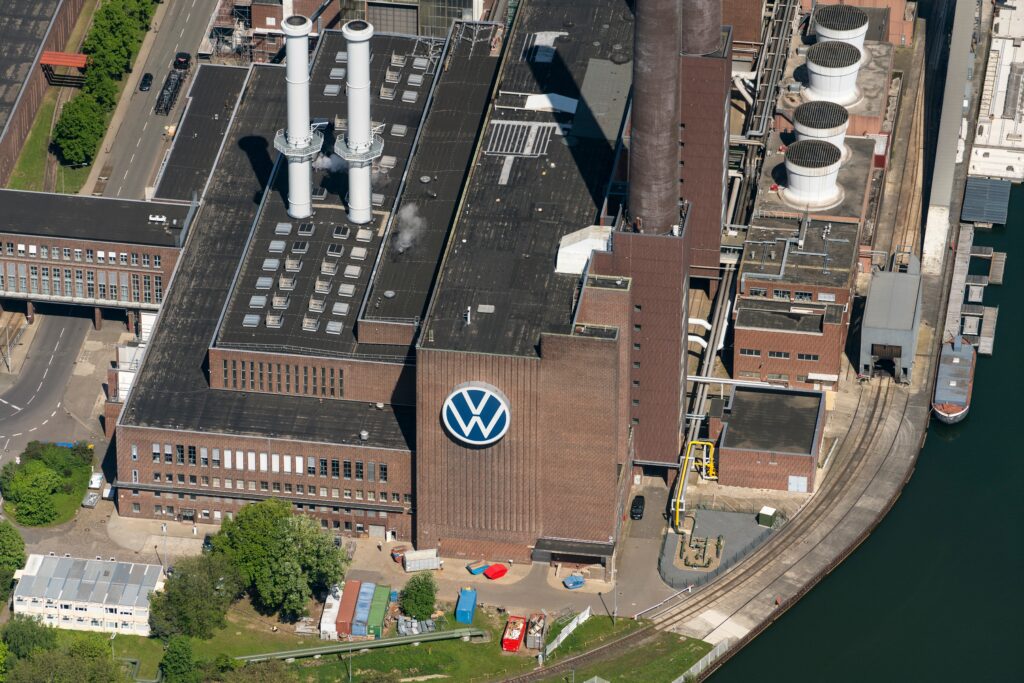Volkswagen workers staged two-hour strikes at nine German plants, protesting planned pay cuts and potential factory closures. The strikes included Wolfsburg, VW’s headquarters, where thousands of employees voiced their discontent with whistles and chants.
VW management claims the cost-cutting measures, including a 10% pay cut and three plant closures, are vital. Rising wages, raw material shortages, and the slow transition to electric vehicles have pressured the company amid a shrinking European car market.
Euronews correspondent Liv Stroud reported on the protests, describing the tension as workers demanded a fairer approach. “The car industry is Germany’s backbone, and this conflict could influence February’s snap elections,” Stroud noted.
Union Fights Pay Cuts, Management Defends Cost Reductions
Volkswagen insists its German operations must match the efficiency of its plants in Eastern Europe and South America. Chief employee representative Daniela Cavallo, however, argues management failures should not burden employees. “We demand contributions from management and shareholders as well,” Cavallo stated during the Wolfsburg rally.
The IG Metall union, leading the warning strikes, opposes the proposed cuts and plant closures. Thorsten Gröger, regional IG Metall leader, warned of an intense conflict if demands aren’t met. “This could become one of the toughest battles Volkswagen has faced,” he said.
VW faces reduced demand in Europe, dropping from 16 million to 14 million annual vehicle sales. This decline represents a loss of 500,000 cars annually for Volkswagen, which controls a quarter of the market.
Strong profits from China previously covered higher costs, but VW brand head Thomas Schaefer emphasized the need for immediate action. Strikes began in Zwickau and expanded to other plants, with further job actions expected after Monday, December 9 negotiations.


